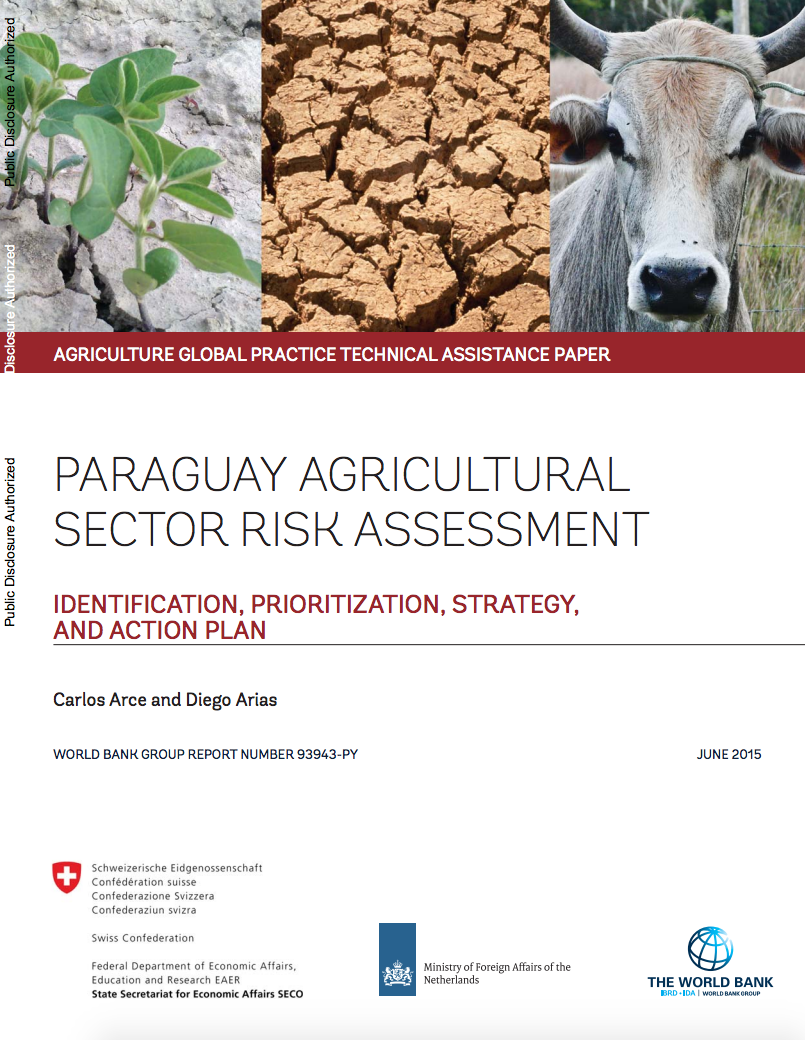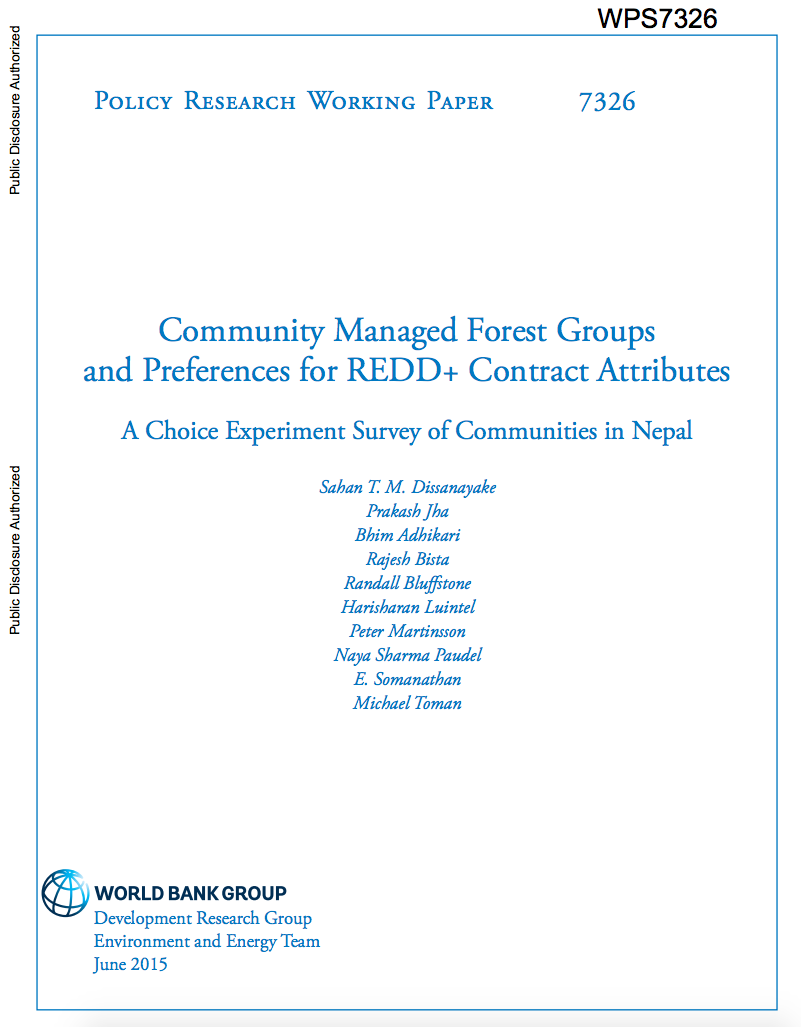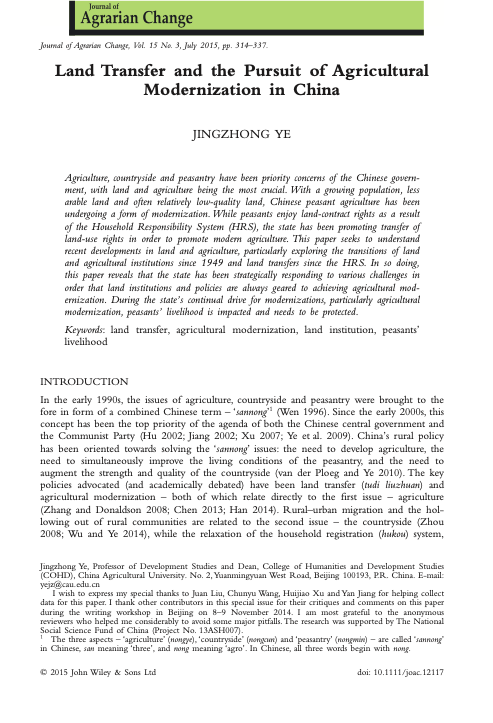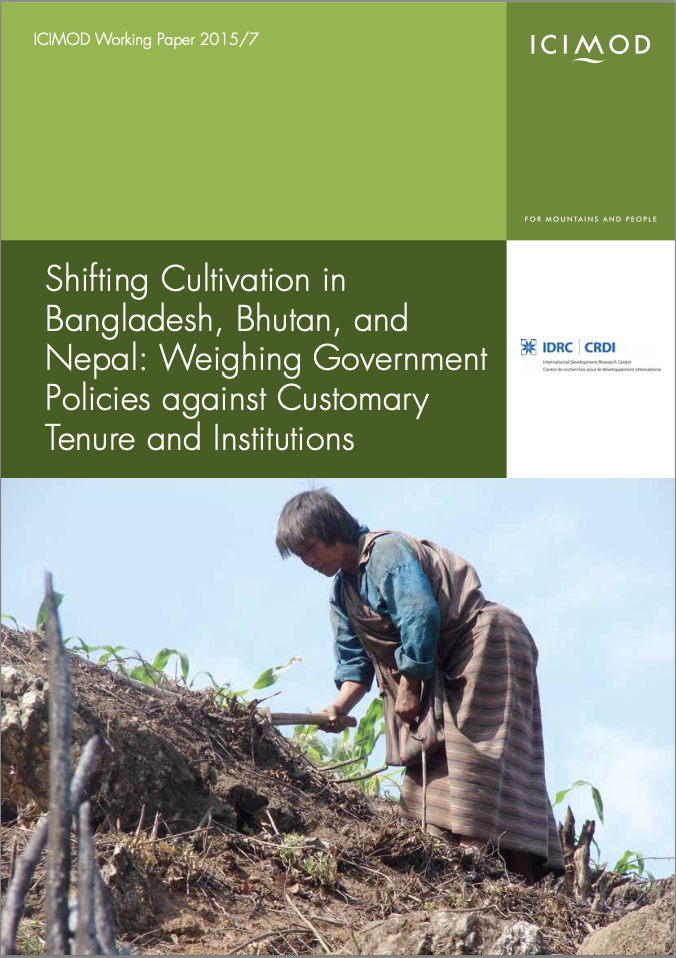The Role of Trade in Ending Poverty
The expansion of international trade has
been essential to development and poverty reduction. Todays
economy is unquestionable global. Trade as a proportion of
global GDP has approximately doubled since 1975. Markets for
goods and services have become increasingly integrated
through a fall in trade barriers, with technology helping
drive trade costs lower. But trade is not an end in itself.
People measure the value of trade by the extent to which it








